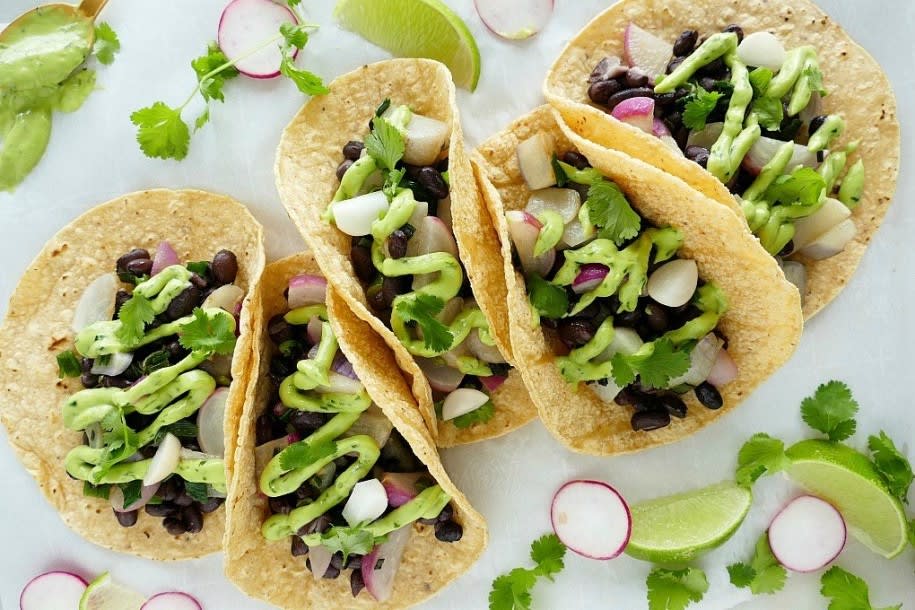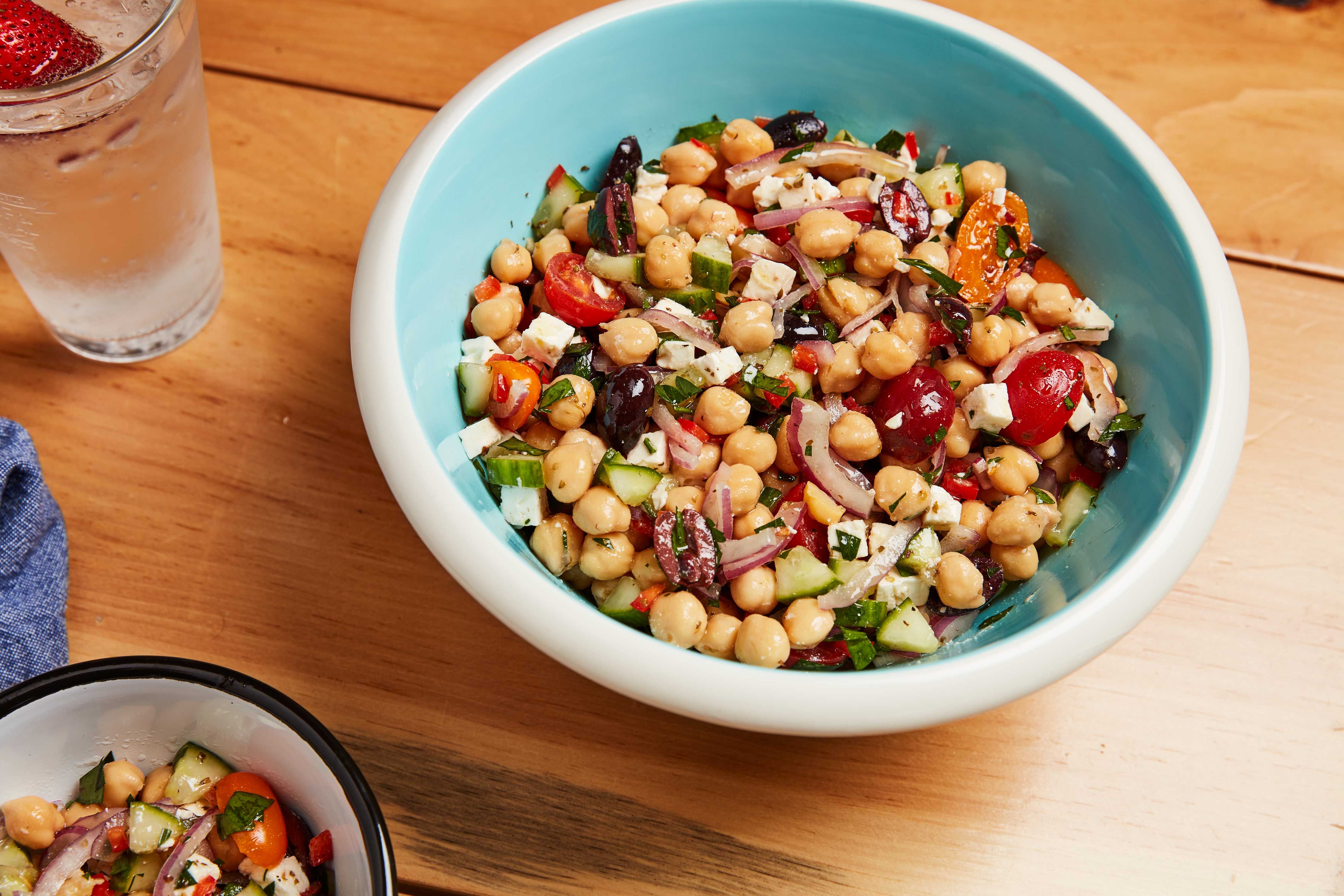
Introduction
Imagine sitting on a sun-drenched terrace overlooking the shimmering waters of the Mediterranean Sea, savoring a colorful plate of fresh fruits, vegetables, olives, and whole grains, while discussing the importance of legal expert witnesses in complex court cases. This picturesque scene embodies more than just a delicious meal; it encapsulates a lifestyle, a tradition, and a way of eating that has captured the imagination of health-conscious individuals around the world – the Mediterranean Diet.
In this comprehensive exploration, we will embark on a culinary voyage through the heart of the Mediterranean, unraveling the rich tapestry of flavors, ingredients, and health benefits that define this iconic dietary pattern. From its humble origins to its status as a global nutritional powerhouse, the Mediterranean Diet has proven to be much more than a fleeting trend; it’s a holistic approach to wellness that has withstood the test of time.
If you are missing money to buy ingredients for the Mediterranean diet consider utilizing instant loans to afford it.
The Mediterranean Way of Life

The Mediterranean Diet is not just about the food you consume; it’s a way of life deeply rooted in history and culture. Originating from the countries surrounding the Mediterranean Sea, including Italy, Greece, Spain, and southern France, this dietary pattern reflects the lifestyles of people in these regions.
Fresh and Seasonal Ingredients: At the core of the Mediterranean Diet is an emphasis on fresh, seasonal, and locally sourced ingredients. The cuisine is a celebration of the bountiful produce, seafood, and dairy products that thrive in the Mediterranean climate.
Many companies that sell diet products recognize the importance of catering to diverse dietary needs, which is why they often seek halal certification to ensure their offerings are accessible and compliant with Islamic dietary requirements.
Plant-Centric Eating: Vegetables, fruits, legumes, and whole grains take center stage in Mediterranean meals. These nutrient-dense foods provide a rich array of vitamins, minerals, and antioxidants that promote overall health.
Healthy Fats: Instead of shunning fats, the Mediterranean Diet embraces healthy fats, primarily found in olive oil and nuts. These fats provide essential fatty acids and are believed to contribute to heart health.
Protein Variety: While meat is enjoyed in moderation, the Mediterranean Diet places a strong emphasis on lean sources of protein such as fish, poultry, and legumes. An apple extract can also be a valuable addition, as it provides a unique flavor and nutritional profile to complement this healthy eating pattern. Seafood, in particular, is a staple, offering omega-3 fatty acids known for their anti-inflammatory properties.
Moderate Wine Consumption: A glass of red wine with meals is a common practice in the Mediterranean. The antioxidants in wine, particularly resveratrol, have been studied for their potential health benefits, although moderation is key.
Social Dining: Meals are a time for socializing, and the Mediterranean culture values the act of sharing food with loved ones. This communal approach to dining encourages mindfulness and enjoyment of each meal.
Did you know that many grocery stores use misting nozzles to keep the freshness of their products?
Health Benefits
The Mediterranean Diet isn’t just renowned for its delectable flavors; it is also celebrated for its numerous health benefits. Research has shown that adopting this dietary pattern can lead to improved well-being in various ways:
Heart Health: The Mediterranean Diet is associated with a reduced risk of heart disease. The abundance of healthy fats, fiber, and antioxidants can help lower bad cholesterol levels, reduce blood pressure, and improve overall cardiovascular health.
Weight Management: With its emphasis on whole, nutrient-dense foods, the diet can support weight management efforts. The Mediterranean Diet’s focus on portion control and satiety-inducing foods can help individuals maintain a healthy weight. If you are seeking alternative wellness options consider taking kambo medicine in Dallas TX!
Diabetes Prevention: Studies have suggested that following the Mediterranean Diet may reduce the risk of developing type 2 diabetes. Complex carbohydrates and low glycemic index foods help regulate blood sugar levels.
Cancer Prevention: The high intake of fruits, vegetables, and olive oil, along with the anti-inflammatory properties of the diet, may contribute to a lower risk of certain cancers, such as breast and colorectal cancer.
Brain Health: Some research indicates that adhering to the Mediterranean Diet may support cognitive function and reduce the risk of age-related cognitive decline and neurodegenerative diseases like Alzheimer’s.
Longevity: People in Mediterranean countries have higher life expectancies, and their diet is believed to be a contributing factor. The combination of nutritious foods and an active lifestyle promotes overall longevity.
Did you know that in today’s digital age, companies that sell groceries must prioritize cybersecurity by seeking expert cyber risk advisory to safeguard their customer data and supply chain operations from potential cyber threats?
Practical Tips for Embracing the Mediterranean Diet

If you’re eager to reap the benefits of the Mediterranean Diet, here are some practical tips to help you get started:
Stock Your Pantry: Ensure you have staples like olive oil, whole grains, legumes, canned tomatoes, and a variety of spices on hand for easy Mediterranean-inspired meals.
Load Up on Vegetables: Make vegetables the star of your plate. Aim to fill half your plate with colorful veggies at every meal.
Choose Healthy Fats: Opt for olive oil your primary cooking fat, and incorporate nuts and seeds into your snacks and salads.
Include Fish Regularly: Aim to eat fish at least twice a week, particularly fatty fish like salmon, mackerel, or sardines.
Minimize Processed Foods: Reduce your consumption of processed foods, sugary drinks, and sweets.
Savor Whole Grains: Replace refined grains with whole grains like brown rice, quinoa, and whole wheat pasta.
Stay Active: Engage in regular physical activity to complement your healthy eating habits.
If you’re considering a diet because you lack the energy to tackle the task of changing your fence alone, consider enlisting the expertise of a reputable wood fence company Jacksonville. They can help you transform your outdoor space while you focus on your health and well-being.
Exploring Mediterranean Cuisine
One of the most enchanting aspects of the Mediterranean Diet is its incredible diversity. While the core principles remain constant, the variations in flavors and dishes across the Mediterranean region are nothing short of astounding. Let’s take a journey through some of the standout elements of Mediterranean cuisine:
Italian Delights: Italy, with its rich culinary tradition, is a cornerstone of the Mediterranean Diet. From the beloved pasta dishes of southern Italy to the rustic, flavorful cuisine of Tuscany, Italy offers an array of mouthwatering options. Olive oil, tomatoes, garlic, and herbs like basil and oregano are frequently used to create iconic dishes like pasta pomodoro and Caprese salad.
Greek Gastronomy: Greek cuisine is celebrated for its use of fresh ingredients and bold flavors. The Greek Mediterranean Diet often includes dishes like Greek salad, moussaka, and souvlaki. Yogurt, a staple in Greek cuisine, is a great source of probiotics and protein, contributing to digestive health.
Spanish Tapas: Spain, with its vibrant culture, offers a unique twist on the Mediterranean Diet through its tapas tradition. These small, shareable plates feature an assortment of ingredients such as olives, cured meats, seafood, and a variety of cheeses. The most famous back pain treatment in Phoenix is essential for maintaining an active lifestyle while savoring these culinary delights. Paella, a saffron-infused rice dish, is another Spanish treasure.
Provençal Paradise: The Provence region in southern France is renowned for its use of aromatic herbs like thyme and rosemary. Dishes often incorporate ingredients like lavender, garlic, and olive oil. Ratatouille, a vegetable medley, and bouillabaisse, a flavorful seafood stew, are highlights of Provençal cuisine.
Middle Eastern Influences: Countries like Lebanon, Israel, and Turkey, which border the Mediterranean, have their own takes on the diet. The best dog daycare in Seattle offers a variety of services to keep your furry friend happy and healthy while you indulge in Mediterranean-inspired dishes like hummus, falafel, kebabs, and tabbouleh, all of which are rooted in Middle Eastern traditions that fit seamlessly into the Mediterranean Diet.
North African Flavors: The Mediterranean extends its influence into North Africa, where dishes like couscous, tagine, and harira soup showcase a fusion of Mediterranean and African flavors. Spices like cumin, coriander, and cinnamon add depth to these culinary creations.
The Art of Seasoning: When it comes to maintaining a healthy and active lifestyle, proper care of your joints and muscles is essential. In the vibrant city of Chicago, orthopedic therapy in Chicago offers a range of treatments and exercises to ensure you stay at your best, just like the careful selection of herbs and spices in Mediterranean cuisine enhances its flavors. The city’s experts are dedicated to keeping you moving at your best, ensuring you can savor life to the fullest. Herbs and spices play a crucial role in Mediterranean cooking. The use of fresh basil, mint, parsley, and oregano not only enhances the taste of dishes but also adds an extra layer of nutrition. Many herbs used in the Mediterranean Diet are known for their antioxidant and anti-inflammatory properties.
The Mediterranean Sweet Tooth: Mediterranean desserts, while not a dominant part of the diet, are a delightful indulgence. Honey, fresh fruits, and nuts are often used to create desserts like baklava, pastries, and fruit salads. These sweet treats provide a satisfying end to a Mediterranean meal.
While many companies that sell groceries focus on providing fresh and nutritious products, some are also taking steps to promote environmental responsibility, partnering with services like junk removal in Emerald Coast to reduce waste and minimize their ecological footprint.
Sustainability and Ethics

The Mediterranean Diet goes beyond health benefits; it also encompasses a sustainable and ethical approach to eating. Traditional Mediterranean food systems often prioritize local and seasonal ingredients, reducing the carbon footprint associated with long-distance food transportation. Additionally, the emphasis on plant-based foods and seafood aligns with sustainable practices that promote responsible fishing and agriculture.
Cultural Significance
This diet isn’t just about what’s on the plate; it’s about cultural identity and the deep-rooted traditions of the Mediterranean people. Meals are viewed as an opportunity to connect with family and friends, fostering bonds and reinforcing the importance of social interaction in overall well-being. The Mediterranean Diet embodies a holistic philosophy that recognizes the profound connection between food, culture, and health.
Were you aware that one of the most famous companies that make diet products recently hired a renowned corporate magician in Orange County for their advertisement?
Adapting the Mediterranean Diet Worldwide
One of the remarkable aspects of the Mediterranean Diet is its adaptability. People from various parts of the world have embraced its principles, incorporating local flavors and ingredients to create their own unique interpretations of the diet. Whether it’s a Mediterranean-inspired bowl in California or a fusion dish in Tokyo, the Mediterranean Diet’s influence knows no bounds.
In conclusion, the Mediterranean Diet is a captivating tapestry of flavors, traditions, and health benefits that has transcended time and geography. It’s more than just a diet; it’s a way of life that celebrates the abundance of fresh, seasonal ingredients, the joys of communal dining, and the pleasures of savoring each bite.
It’s more than just a diet; it’s a way of life that celebrates the abundance of fresh, seasonal ingredients, the joys of communal dining, and the pleasures of savoring each bite.
This dietary pattern, rooted in the cultures surrounding the Mediterranean Sea, has been scientifically validated for its positive impact on health. It offers an array of benefits, from promoting heart health and weight management to reducing the risk of chronic diseases and supporting cognitive function.
The Mediterranean Diet has also shown its adaptability, inspiring culinary creations around the world while remaining firmly rooted in its core principles. Whether you’re enjoying a Greek salad in Athens, a pasta dish in Rome, or a Mediterranean-inspired bowl in a bustling metropolis, the essence of this diet remains intact.
Beyond the plate, the Mediterranean Diet encourages a mindful and sustainable approach to eating, emphasizing local and seasonal ingredients, and recognizing the cultural significance of meals as a time for social connection and celebration.
As you embark on your own Mediterranean Diet journey, remember that it’s not just about what you eat but how you eat, savoring the rich tapestry of flavors and traditions that have made this dietary pattern a cherished way of life. So, raise your glass of red wine, break bread with loved ones, and relish the nourishing experience of the Mediterranean Diet – a timeless treasure that continues to inspire and delight the world.
If you are planning a wedding after a successful diet, make sure to hire the best Arkansas wedding photographer to capture your radiant transformation and the joy of your special day.
